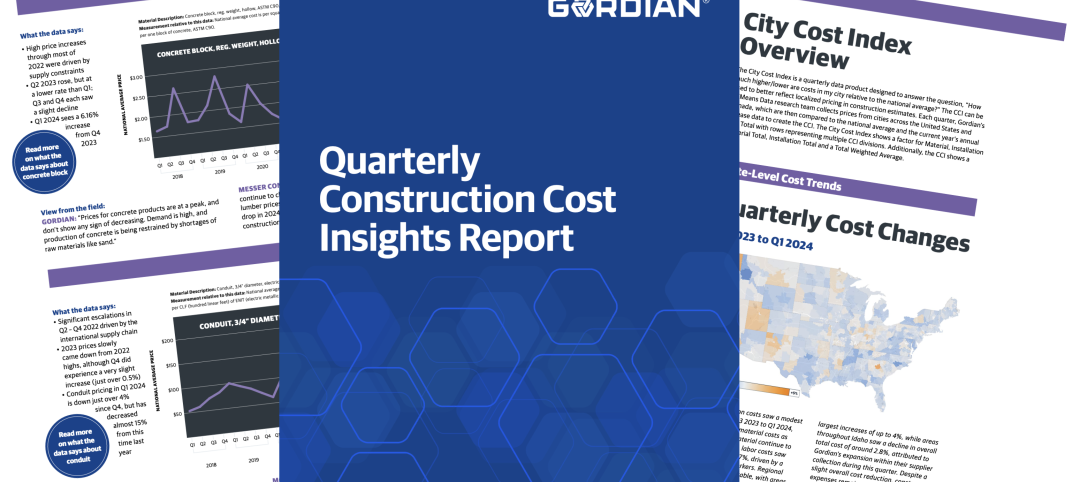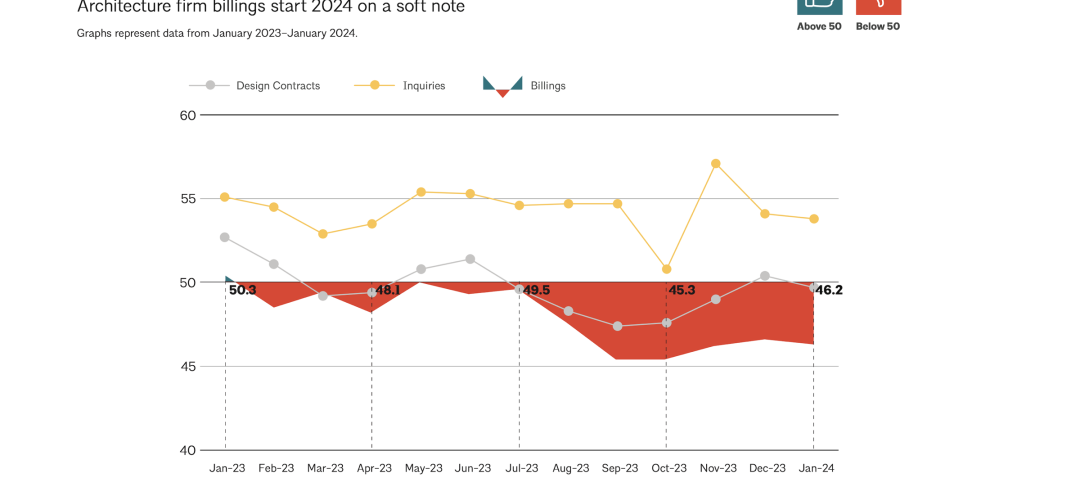The National Council of Architectural Registration Boards (NCARB) has launched the second phase of its revised certification path for architects without a degree from an accredited program. This newest path comes as part of a multi-year effort to streamline NCARB programs and initiatives to be more inclusive of individuals outside of the traditional path to licensure, while maintaining the rigor necessary to protect the public’s health, safety, and welfare.
Through the new NCARB Certificate Portfolio, architects licensed in a U.S. jurisdiction who hold any education other than an architecture-related degree—including those who do not have a college degree—can satisfy the Certificate’s education requirement by completing an online portfolio documenting learning through experience. The first phase, which launched in February 2017, enables architects with a four-year, architecture-related degree to satisfy the same requirement by documenting two times the Architectural Experience Program’s™ (AXP™) hours.
“Professional mobility is a goal of many practicing architects,” said NCARB President Kristine A. Harding, NCARB, AIA. “This revised path makes that goal achievable for a broader range of licensed individuals, while maintaining the quality standards expected by our boards and the public.” Together, these alternative paths form the successor to the Broadly Experienced Architect (BEA) Program, which was retired in 2016.
The NCARB Certificate is a valuable credential for architects that facilitates reciprocal licensure across the 54 U.S. jurisdictions and several countries, among other benefits. To qualify for certification, applicants must meet the NCARB Education Standard, traditionally done by earning a professional degree in architecture from a program accredited by the National Architectural Accrediting Board (NAAB).
Both the NCARB Certificate Portfolio and two times AXP option are offered at no additional charge to active NCARB Record holders and eliminates the BEA’s $5,000 review fee. It also facilitates a shorter, more objective review process than the previous program, allowing applicants to link exhibits in the portfolio to specific areas outlined in the NCARB Education Standard. Applicants will also need to meet NCARB’s experience and examination requirements to earn an NCARB Certificate.
U.S. architects interested in pursuing certification through the portfolio must have at least three years of continuous licensure in any U.S. jurisdiction without disciplinary action, and fall into one of two categories:
-
Architects with post-secondary education who have obtained 64 or more semester credit hours. These applicants are required to obtain an EESA evaluation and submit a portfolio to address any deficiencies.
-
Architects with less than 64 semester credit hours of post-secondary education. These applicants are not required to obtain an EESA and must address all education requirements through a portfolio.
Related Stories
Data Centers | Feb 28, 2024
What’s next for data center design in 2024
Nuclear power, direct-to-chip liquid cooling, and data centers as learning destinations are among the emerging design trends in the data center sector, according to Scott Hays, Sector Leader, Sustainable Design, with HED.
Windows and Doors | Feb 28, 2024
DOE launches $2 million prize to advance cost-effective, energy-efficient commercial windows
The U.S. Department of Energy launched the American-Made Building Envelope Innovation Prize—Secondary Glazing Systems. The program will offer up to $2 million to encourage production of high-performance, cost-effective commercial windows.
AEC Innovators | Feb 28, 2024
How Suffolk Construction identifies ConTech and PropTech startups for investment, adoption
Contractor giant Suffolk Construction has invested in 27 ConTech and PropTech companies since 2019 through its Suffolk Technologies venture capital firm. Parker Mundt, Suffolk Technologies’ Vice President–Platforms, recently spoke with Building Design+Construction about his company’s investment strategy.
Performing Arts Centers | Feb 27, 2024
Frank Gehry-designed expansion of the Colburn School performing arts center set to break ground
In April, the Colburn School, an institute for music and dance education and performance, will break ground on a 100,000-sf expansion designed by architect Frank Gehry. Located in downtown Los Angeles, the performing arts center will join the neighboring Walt Disney Concert Hall and The Grand by Gehry, forming the largest concentration of Gehry-designed buildings in the world.
Construction Costs | Feb 27, 2024
Experts see construction material prices stabilizing in 2024
Gordian’s Q1 2024 Quarterly Construction Cost Insights Report brings good news: Although there are some materials whose prices have continued to show volatility, costs at a macro level are returning to a level of stability, suggesting predictable historical price escalation factors.
High-rise Construction | Feb 23, 2024
Designing a new frontier in Seattle’s urban core
Graphite Design Group shares the design for Frontier, a 540,000-sf tower in a five-block master plan for Seattle-based tech leader Amazon.
Construction Costs | Feb 22, 2024
K-12 school construction costs for 2024
Data from Gordian breaks down the average cost per square foot for four different types of K-12 school buildings (elementary schools, junior high schools, high schools, and vocational schools) across 10 U.S. cities.
MFPRO+ Special Reports | Feb 22, 2024
Crystal Lagoons: A deep dive into real estate's most extreme guest amenity
These year-round, manmade, crystal clear blue lagoons offer a groundbreaking technology with immense potential to redefine the concept of water amenities. However, navigating regulatory challenges and ensuring long-term sustainability are crucial to success with Crystal Lagoons.
Architects | Feb 21, 2024
Architecture Billings Index remains in 'declining billings' state in January 2024
Architecture firm billings remained soft entering into 2024, with an AIA/Deltek Architecture Billings Index (ABI) score of 46.2 in January. Any score below 50.0 indicates decreasing business conditions.
University Buildings | Feb 21, 2024
University design to help meet the demand for health professionals
Virginia Commonwealth University is a Page client, and the Dean of the College of Health Professions took time to talk about a pressing healthcare industry need that schools—and architects—can help address.

















